Eastern Conference
Atlantic Division
Central Division
Southeast Division
Western Conference
Northwest Division
Southwest Division
AFC
NFC
American League
National League
1970s Heavyweight Boxers

The best way we can enjoy sports these days is to remember sports for the way it once was. With this in mind, I grew up in the 1970s and for the years from 1970-1979, professional boxing may have experienced its best era ever. Boxing was thriving and extremely popular, often showcased on ABC’s Wide World of Sports or CBS and its equivalent show, "CBS Sports Spectacular."
Focusing on the heavyweight division, during that decade some of the best heavyweights in history took to the squared circle to engage in some of the greatest fights ever. While Muhammad Ali (passed away on June 3, 2016, at the age of 74) ruled the sport’s top division in that era, “The Greatest” also took on all comers and most of his opponents from 1970-1979 were the division’s best. I give you now a rundown of the best heavyweights of the 1970s and a brief background on each. Muhammad Ali fought all of these fighters during this decade except for Larry Holmes and Sonny Liston who Ali had matches with in the 1980s and 60s respectively. Of the 17 fighters he did mix it up with from 1970-1979 he beat them all except for Joe Frazier (but Ali won two of three with “Smokin Joe”), Ken Norton (also fought three times winning twice), and Leon Spinks but he defeated Spinks in a rematch.
Oscar Bonavena
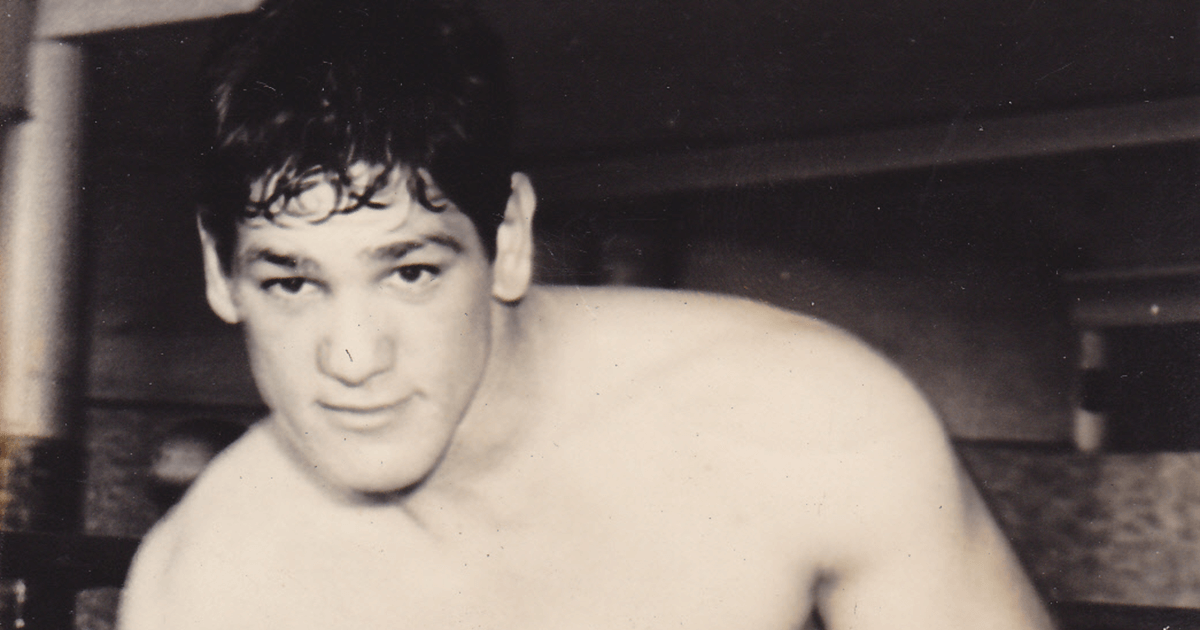
With a record of 58-9-1 on February 2, 1976, Bonavena was just 33 when he had a dispute at the Mustang Ranch in Nevada that ended up with the security guard there shooting Bonavena dead. While the Argentine-born Bonavena had an outstanding record, he lost to some of the best fighters in the decade (Ron Lyle, Ali, Joe Frazier, Jimmy Ellis, Floyd Patterson) but some of those fights came pre-1970.
Joe Bugner
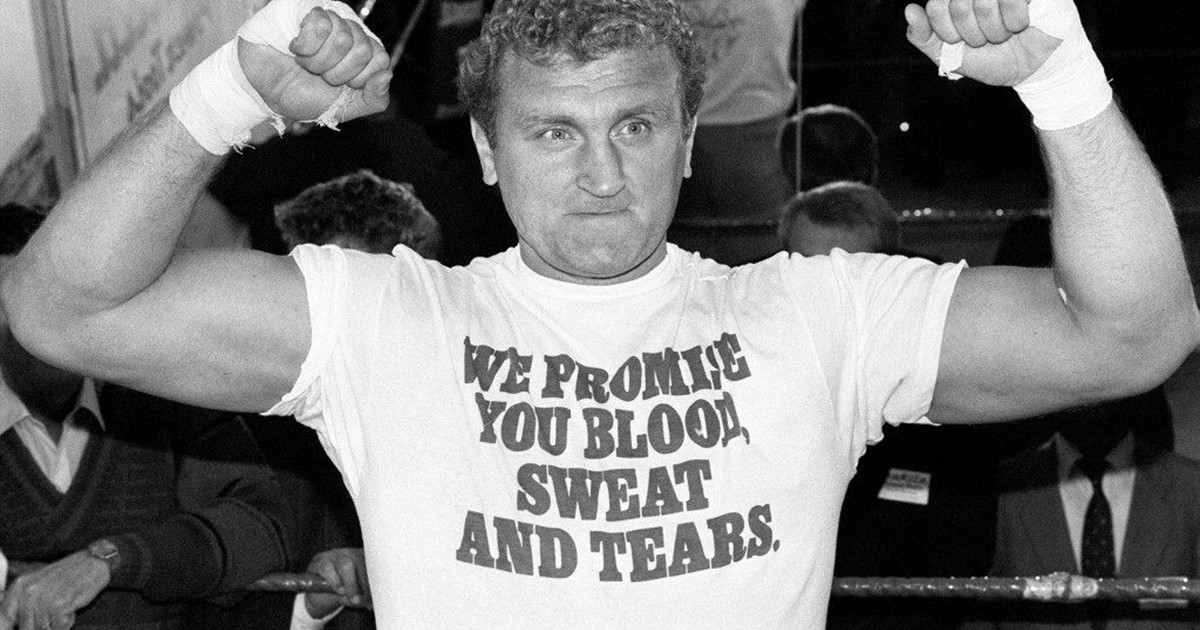
The interesting fact about Bugner is that he not only fought Joe Frazier in 1973 and lost a decision, he also fought Joe’s son Marvis. Bugner lost that fight as well, also a decision. From the start of his career in 1967 until he retired many years later in 1999 at an age of 49, Bugner would lose just 13 bouts in 83 fights. Along the way were some big names of the heavyweight division: James “Bonecrusher” Smith, Frank Bruno, Greg Page, David Bey, James “Quick” Tillis, Ernie Shavers, Ron Lyle, Jimmy Ellis, Henry Cooper, and Chuck Wepner. Bugner remains alive today at the age of 70.
George Chuvalo
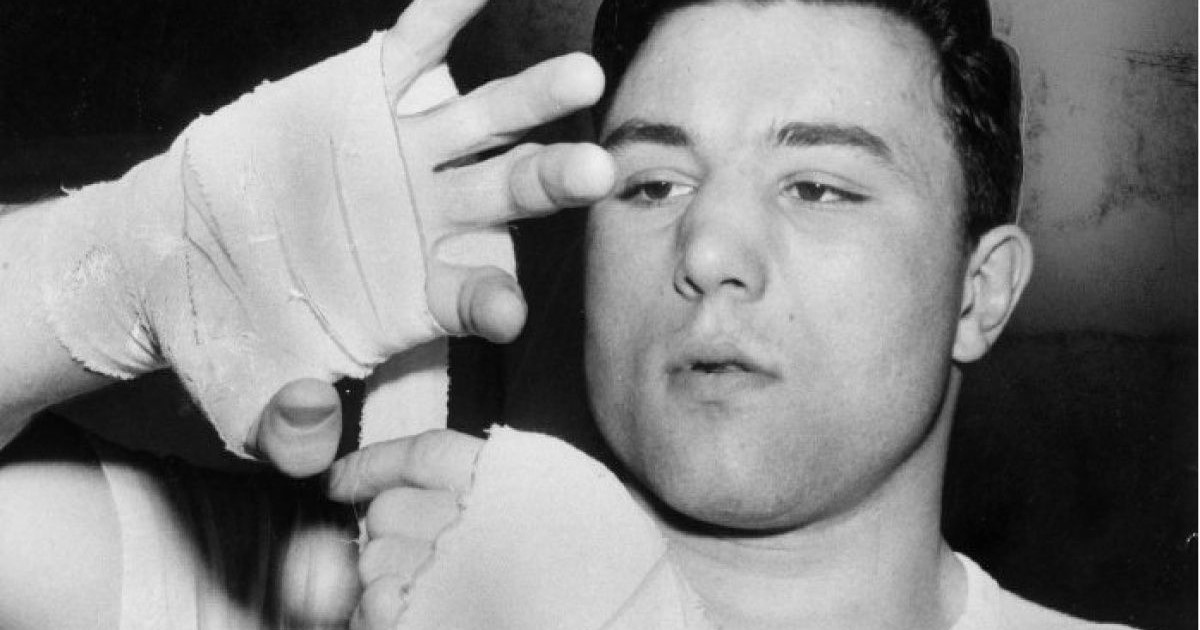
Like Bugner, George Chuvalo fought the best of the best. This Canadian fighter however began his career seven years earlier than did Bugner. Unlike Bugner, Chuvalo retired with seven straight victories, and with his retirement came the Canadian heavyweight championship, as he defended it with a TKO victory over George Jerome after defeating Bob Felstein in 1977 for the vacant title. Chuvalo was a tough cookie and won 73 of his 92 career bouts.
Jimmy Ellis
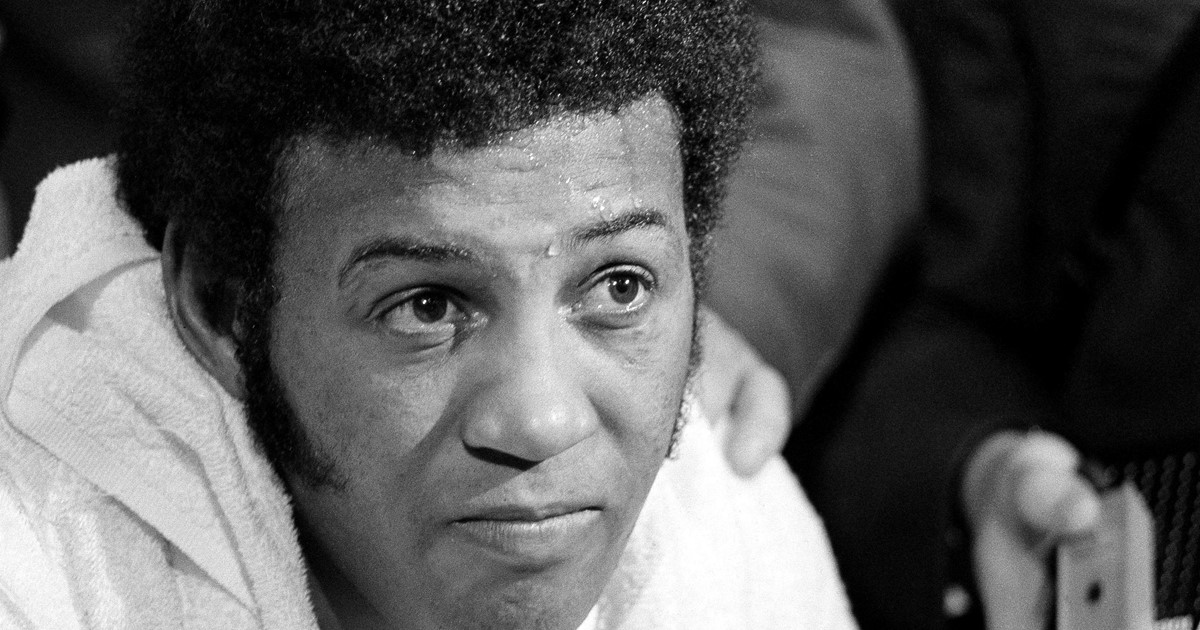
One of a number of the fighters in this list that has passed away is Ellis a former WBA champion winning the title in 1968 by beating the late Jerry Quarry, also in this list. Like many of the boxers in the heavyweight division of the 1970s, Ellis was a winner with 40 victories and just 12 defeats while knocking out 24 opponents. During this era, no one ducked anyone. Ellis lost three of his last four fights and they were to Joe Fraizer, Joe Bugner, and Ron Lyle, all solid fighters. After those three losses, he concluded his career with a knockout victory over Carl Baker. Ellis would lose to Muhammad Ali, Ernie Shavers, Joe Frazier, and Rubin “Hurricane” Carter. But Ellis owned wins over Quarry, Floyd Patterson, George Chuvalo, and Oscar Bonavena.
Alfredo Evangelista
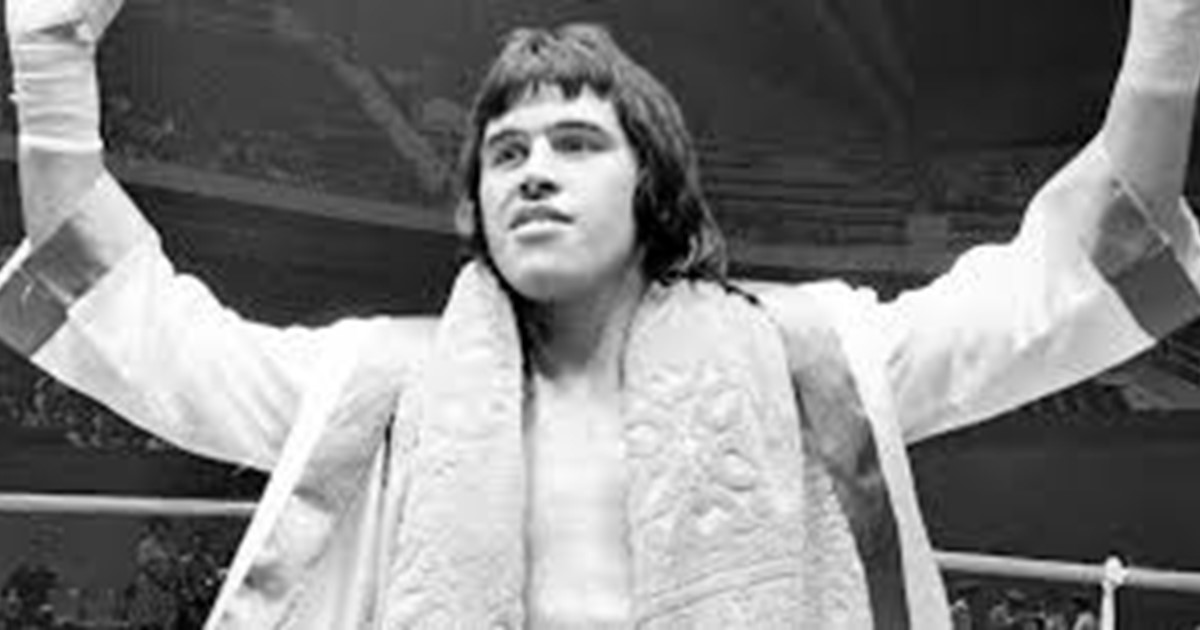
Alfredo Evangelista was not a household name during his prime but for boxing enthusiasts, they remember the fighter from Uruguay. His opponents also would remember him well because they may have underestimated the talent of Alfredo Evangelista. He lost a unanimous decision to Ali and later was KO’d by future champion Larry Holmes. Leon Spinks owned a knockout victory over Evangelista as did Greg Page. Still, this Uruguayan fighter won 41 bouts losing 13.
George Foreman

Most people know George Foreman as a salesman selling his famous “George Foreman Grill.” But the big man got his start in boxing winning a gold medal in the Olympics and then going on to smash and crush his way to pro boxing’s biggest title, the heavyweight championship. Until Muhammad Ali shocked the world and knocked out Foreman on October 29, 1974, in what was billed as “the Rumble in the Jungle,” Foreman had won his first 40 fights and annihilating Ken Norton and Joe Frazier on the way to taking on Ali. While “Rope-A-Dope” was introduced in that fight and was key in Ali’s victory, Foreman would leave the sport three years later for a 10-year hiatus only to come back in 1987 and fight 34 more times until he finally left the sports in 1997 at the age of 48. Foreman shocked the world at the age of 44 years when he took the vacant WBO title from the late Tommy Morrison and then in his next fight won both the WBA and IBF titles by finishing Michael Moorer by a vicious KO in round 10. When he hung up the gloves for the final time, George Foreman was 48 years old and had been fighting over a course of 28 years. He is known now for that big smile but leading up to his fight with Ali was one of the scariest and fiercest fighters of his time.
Bob Foster
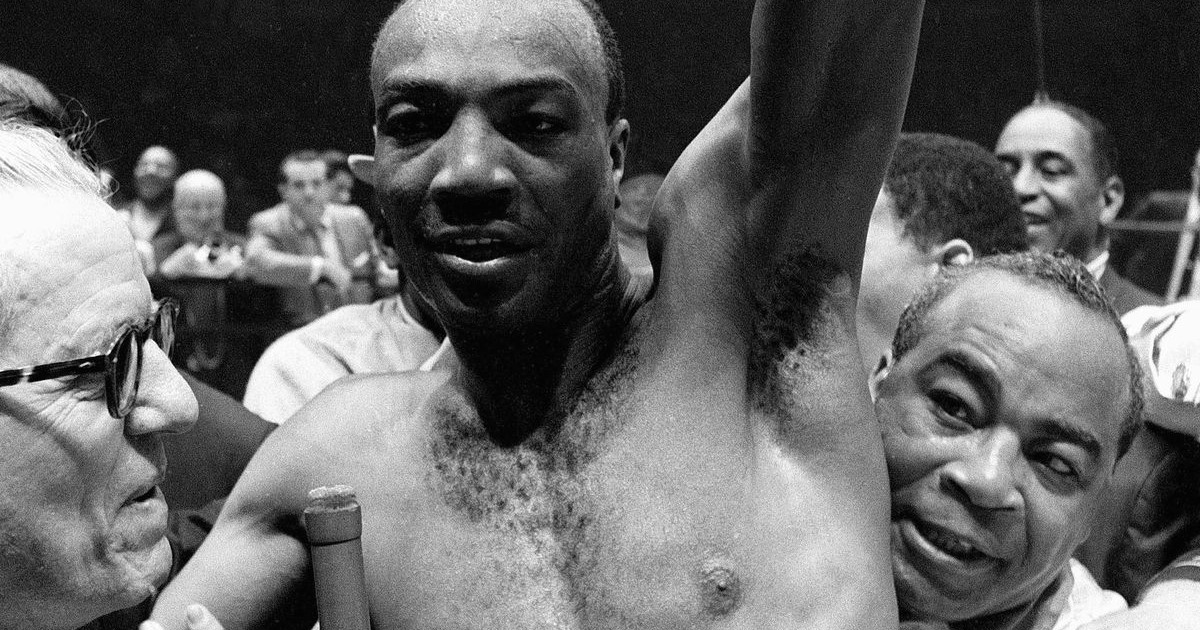
Perhaps one of the most underrated fighters in the heavyweight division of the 1970s was Bob Foster. Foster during his career had won the WBA and WBC titles but lost them both in a knockout loss to Joe Frazier. Foster would also get knocked out by Muhammad Ali. In the end, Foster finished with a respectable 56-8-1 record.
Joe Frazier
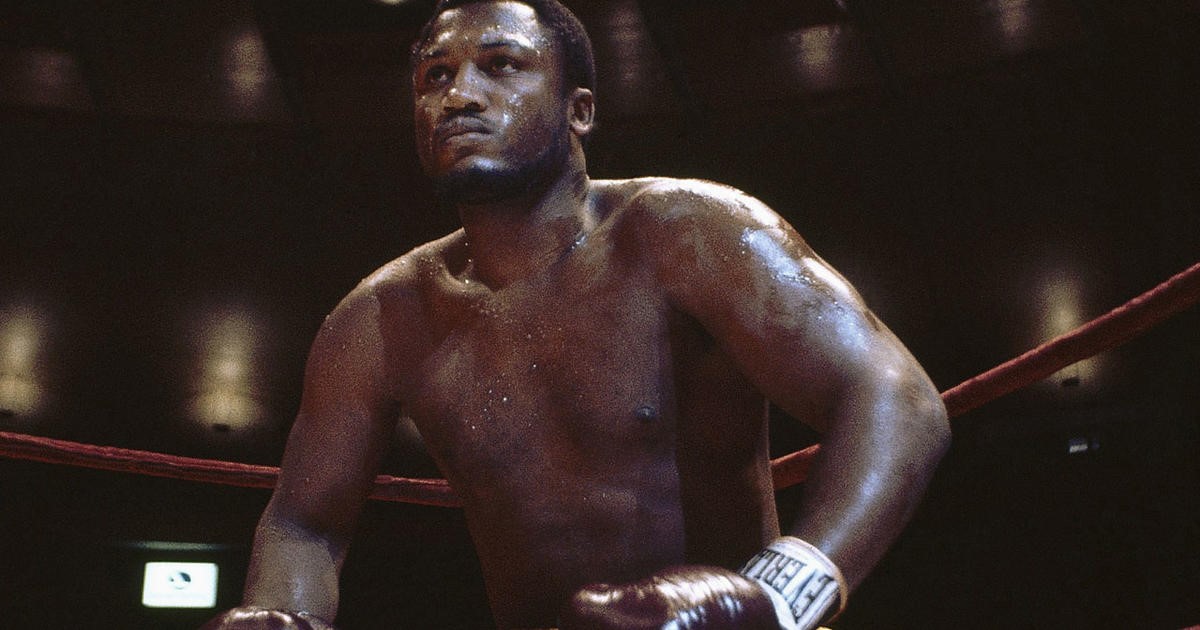
\"Smokin Joe." Say those words and diehard boxing fans know exactly who you were talking about. One of the hardest hitting and grittiest fighters in history, Frazier and Ali staged three of the best fights in their division in the history of the sport. In their third fight won by Ali, the late and former Cassius Clay said he felt like he was going to die in the ring. Frazier would get smashed and humiliated by George Foreman but in 37 pro fights, Frazier lost just four times (Foreman, Ali twice and Foreman a second time). 27 of his 32 victories were by knockout and anyone who knows his story can never forget his classic 1971 fight with Ali when he knocked down Ali with a powerful left hand his bread and butter.
Ron Lyle
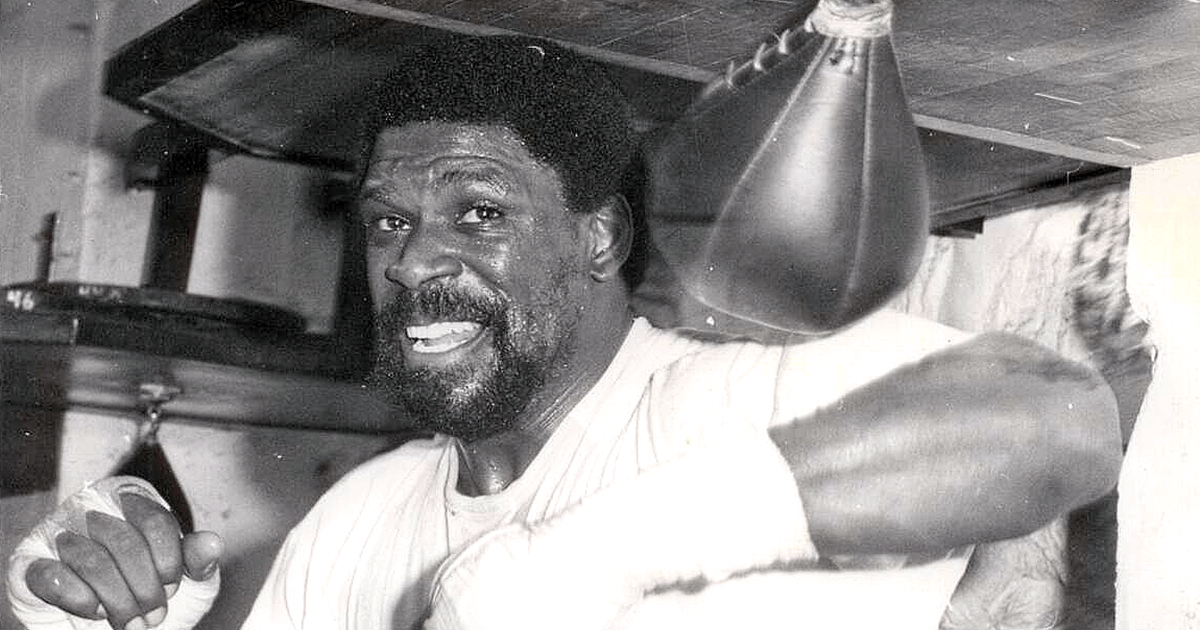
With Ron Lyle comes another tough and aggressive fighter who retired with a solid winning record but without ever winning a title. In his only two championship bouts, he lost a chance by becoming the heavyweight champion of the world when he challenged Muhammad Ali on May 16, 1975, only to lose by a TKO in the 11th round. Then a year later he would be knocked out in five by George Foreman with the vacant NABF title up for grabs. In the end, there were only seven losses on Lyle’s record all coming after he won his first 19 fights and 30 of his first 31. Lyle would lose his life at the age of 70 when he passed from an unknown stomach ailment.
Buster Mathis
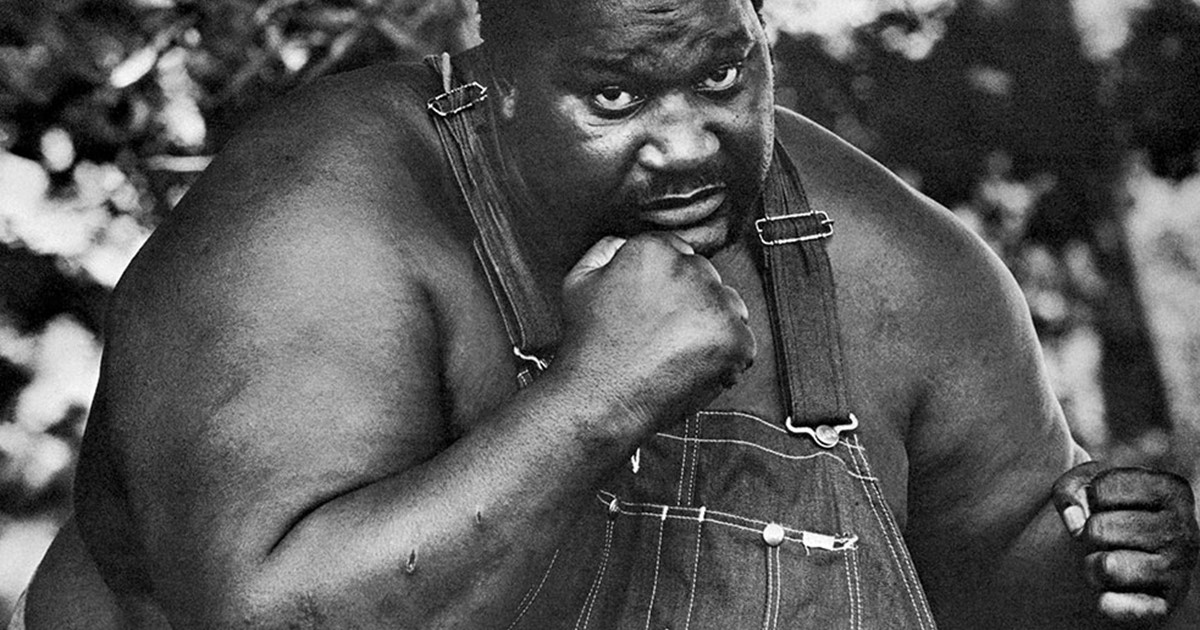
Mathis died too young at the age of 52 in 1995 after suffering a heart attack. He retired from boxing after 34 professional fights all of which he lost just four. Three of those four came in his final four fights, losses to some very good fighters in Jerry Quarry, a title shot loss to Muhammad Ali, and his final fight a loss to Ron Lyle, After winning his first 23 fights, Mathis was knocked out by Joe Frazier in the 11th round.
Ken Norton
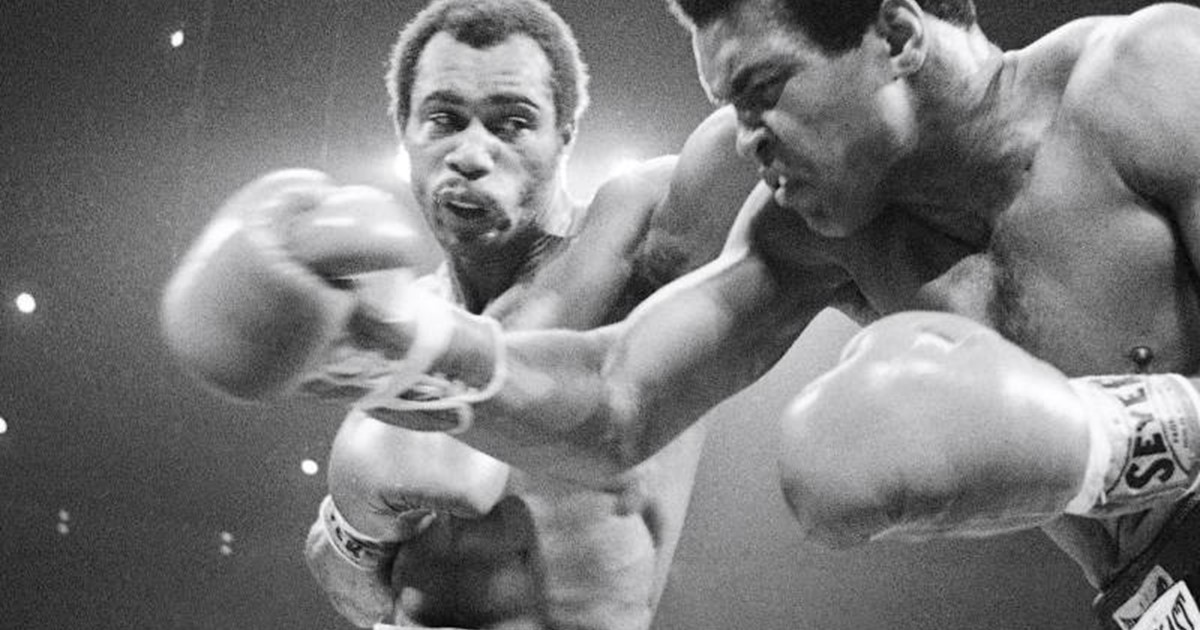
The boxer Ken Norton had four children and his most famous child was the one that carried his name, Ken Norton Jr. Norton Jr. was an outstanding linebacker in the NFL for years and is now in coaching. But his father’s legacy was that of one of the toughest and hardest hitting boxers in the heavyweight division for the years Ken Norton climbed through the ropes to take on opposing pugilists. Like the other fighters aforementioned, Norton had fantastic won/loss record losing just seven times in 50 fights. But credit another heavyweight, Gerry Cooney for sending Norton into retirement. On May 11, 1981, Cooney crushed Norton in one round with some of the most devastating punches ever landed in the history of the sport. Norton would knock out 33 of his 42 opponents that he defeated and fought for the heavyweight title several times. Sadly, he passed away on September 18, 2013.
Floyd Patterson
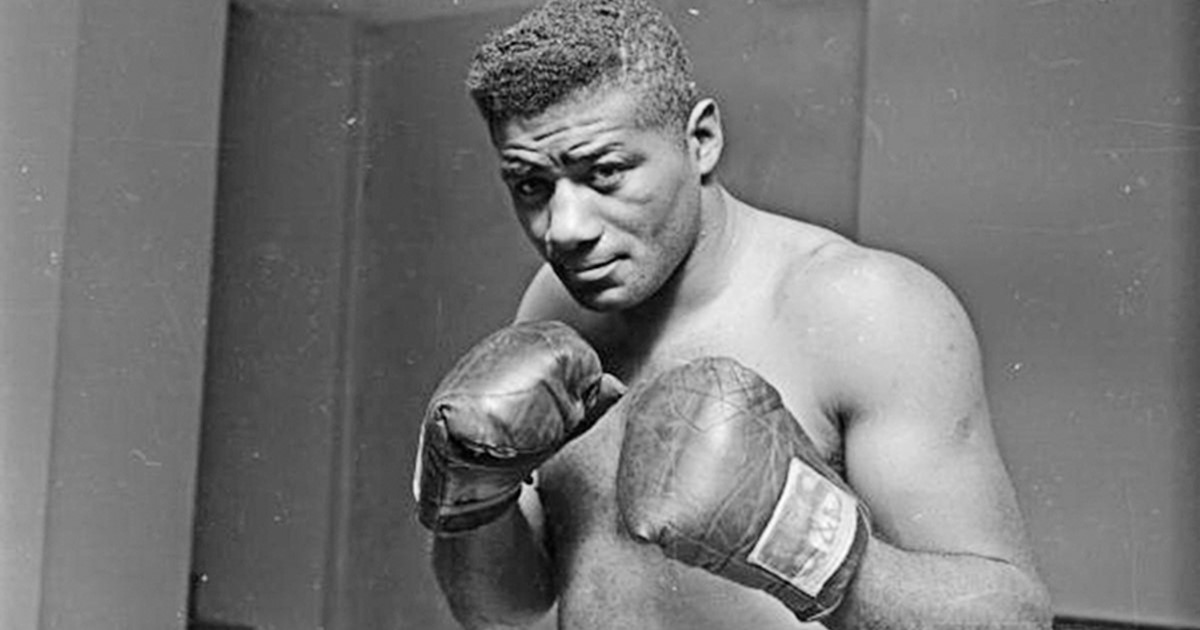
As I started watching fights in the 1970s Floyd Patterson, the former heavyweight champion was winding down his career. From 1970 until Patterson retired in 1972, he had fought only 10 times. His final fight was a rematch with Muhammad Ali for the NABF heavyweight title and again Patterson lost as he retired after the seventh round following an earlier TKO loss to Ali in 1965 for the championship. In 64 fights, Patterson lost just eight times but five of those were KO defeats. When Patterson won the title, he had lost just one fight to Joey Maxim and then with a record of 35-1 defeated Archie Moore to win the belt.
Jerry Quarry
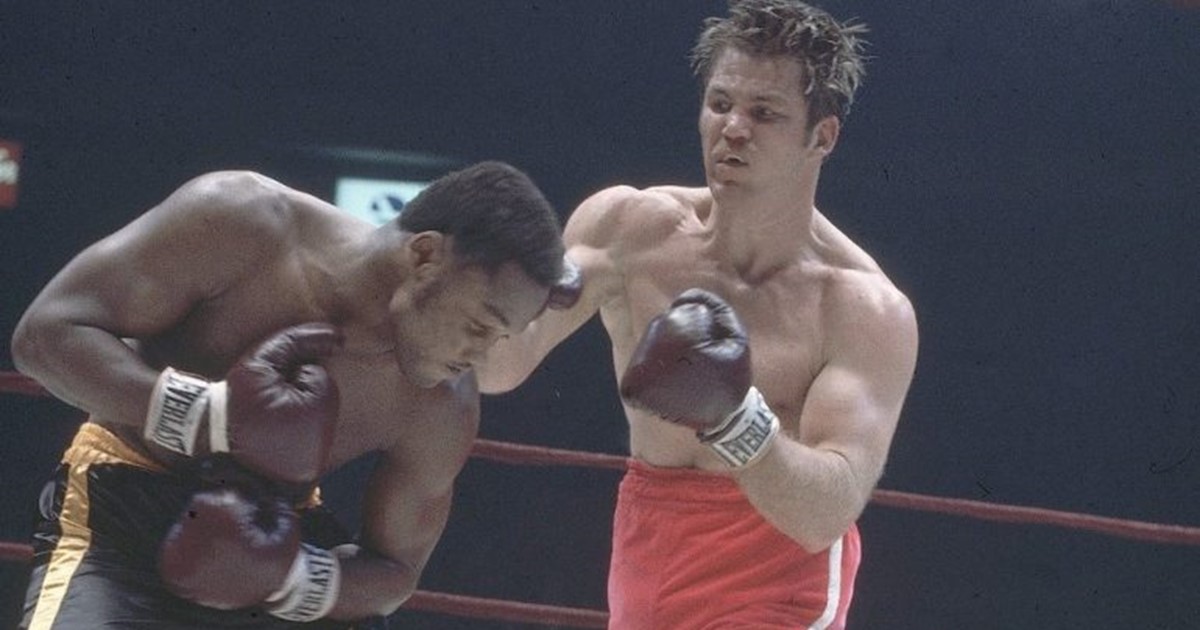
Tragedy was the name of the game in the Quarry family as what they termed “pugilistic dementia” struck not just Jerry Quarry but his younger brother Mike also a boxer. Both men died way too young, Jerry at 53 and Mike at 55. A third brother Bobby, also boxed and retired at 29 because his body was failing him but he remains alive today at age 57. As for Jerry Quarry, boxing fans who remember him will have memories of a tough and gritty fighter who won 53 bouts and lost just nine. But Quarry’s style was taking punches to give punches and he knocked out 32 opponents in his 53 victories. He finally hung up the gloves in 1992 after a loss to Ron Crammer. When taking on the big boys, Quarry often came up short getting TKO’d at the hands of Ken Norton, Joe Frazier, in a return bout with Muhammad Ali after quitting after the third round in their first bout, and getting knocked out by George Chuvalo.
Ernie Shavers
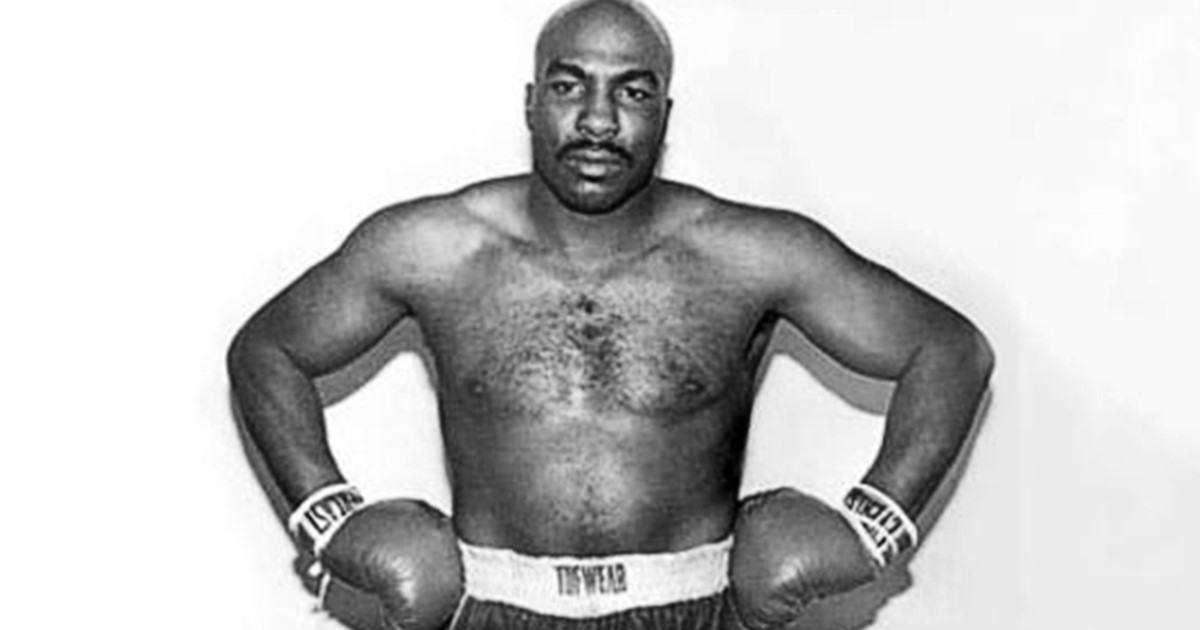
Bald headed Ernie Shavers was a tough nasty fighter who either scored a KO or TKO to all but two of his first 15 opponents to open his career. After getting knocked out by Ron Stander on May 11, 1970, Shavers would win his next 33 fights in a row until he lost by TKO in the first round to the aforementioned Jerry Quarry. His peers say he was the hardest hitting opponent they faced yet in the two title fights he had, he lost both to Muhammad Ali and Larry Holmes. In the end, Shavers won seven of his final 10 fights retire with a 74-14-1 record.
Leon Spinks
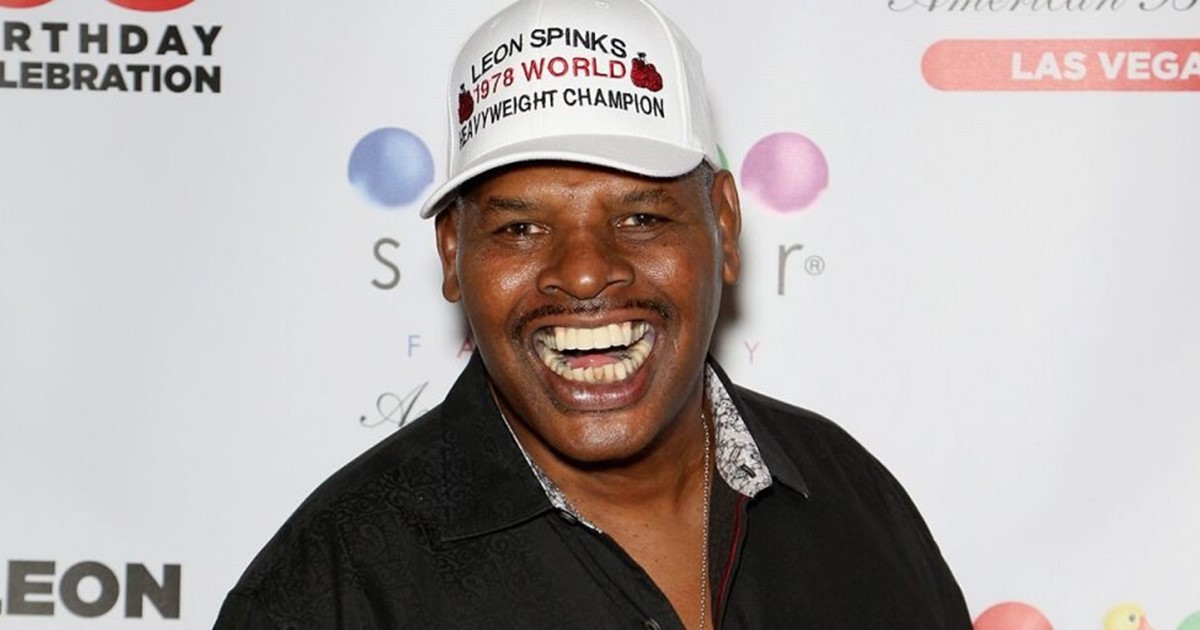
Leon Spinks may very well be the worst of the fighters listed in this article, a fly-by-night heavyweight champion that shocked the world by beating Muhammad Ali but in a near-immediate rematch was completely embarrassed losing the title back to Ali. With just 46 fights in his career, Spinks lost 17 times and was knocked out nine times. Incredibly, after just seven professional fights that included a draw with Scott LeDoux, Spinks was granted a title shot on February 15, 1978 to try to win the title from Muhammad Ali. In one of the biggest upsets in heavyweight history, Spinks won the title earning a split decision victory. Expected to be an easy fight, the bout took place in the middle of the week on Wednesday and was broadcast on regular television. Embarrassed by the loss, a rematch took place just seven months later and Ali was in a word … ALI. He completely outclassed Spinks and the toothless ex-champion would never sniff another title shot in that division but did get a chance at the cruiserweight title in which he lost to Dwight Muhammad Qawi by TKO. In his next two bouts, Spinks was knocked out again. In that period from March 22 1986 when he fought Qawi to a loss to Tony Morrison in 1988, Leon Spinks lost 8 of 10 bouts getting stopped five times and only earning a draw and a victory of Jeff Jordan in between.
Chuck Wepner
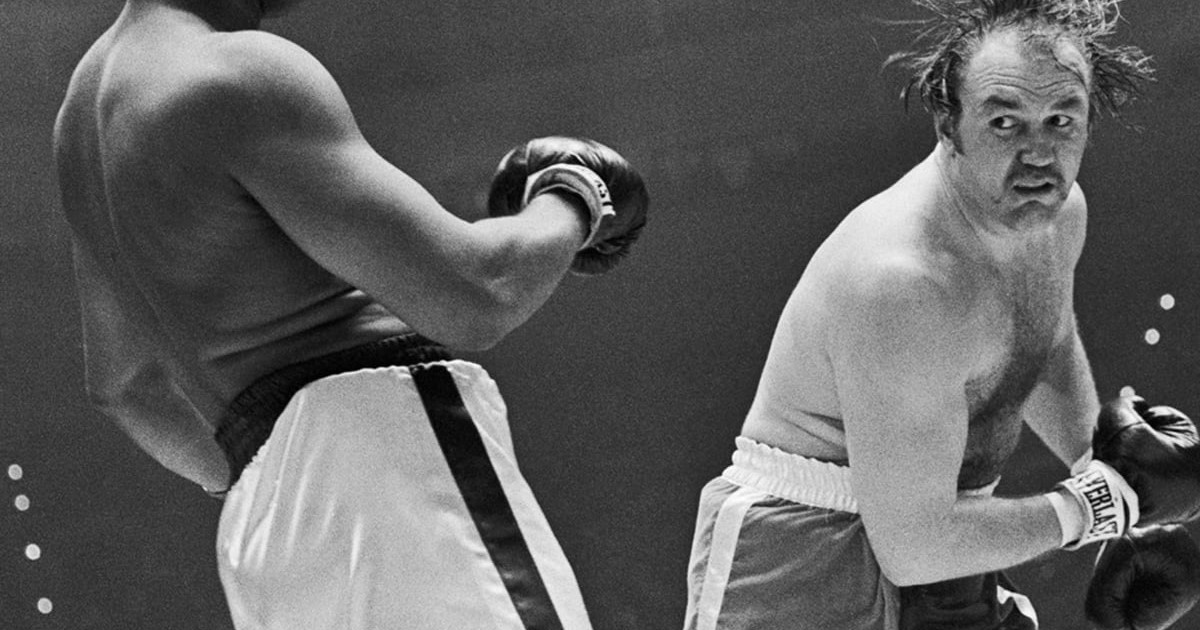
“The Bayonne Bleeder” was the nickname for Wepner and he once tried to sue Sylvester Stallone saying that the “Rocky” character was based on his life. Wepner was a scrapper and had as much heart as any fighter you could find. He was rugged and tough but not a great boxer. But to watch his efforts and how hard he fought made him an attraction. His final record was a respectable 35-14-2 and in his only shot at the world title facing Muhammad Ali, Wepner lost by TKO in the 15th round but in the process knocked down Ali in the 9th round. Eight of his losses were by TKO or KO. Of his 14 losses, some were at the hands of well-known fighters (Buster Mathis, George Foreman, Sonny Liston, Joe Bugner, Ali, and Duane Bobick). For those who know Wepner’s story, many will probably remember him most for being on the card of Muhammad Ali vs. Antonio Inoki, boxer versus wrestler that saw Wepner taking on Andre the Giant and the former WWE star tossing Wepner out of the ring like a rag doll.
Jimmy Young
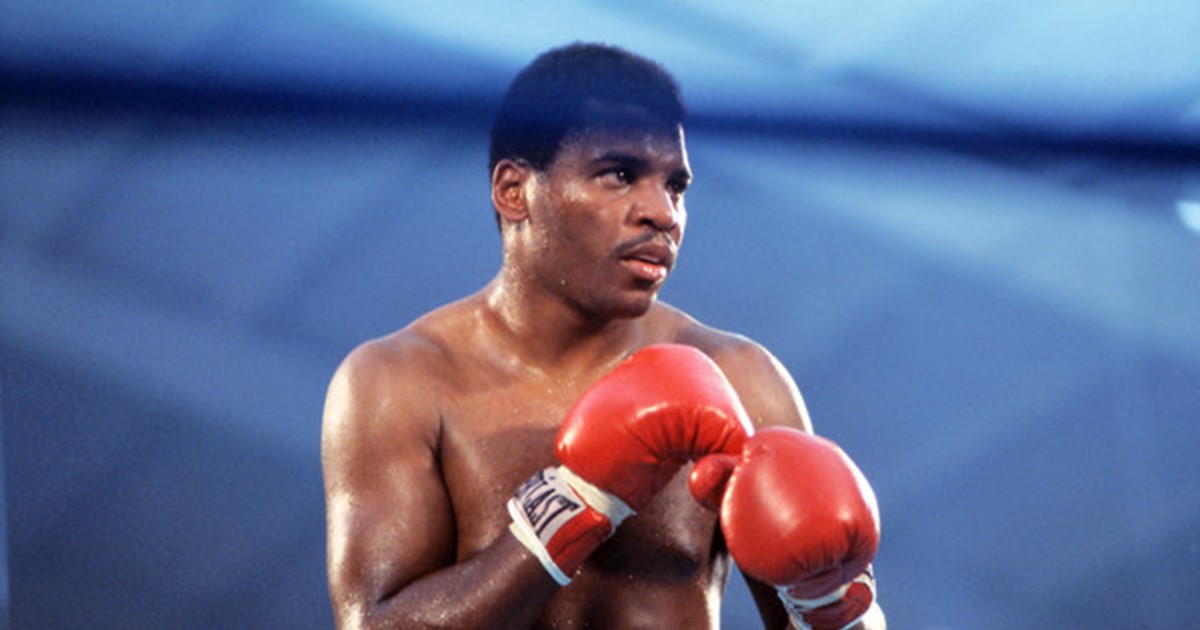
Jimmy Young was more of a journeyman fighter with limited highlights during his 57 fight career. Nowhere near having knockout power, Young would finish just 11 of his 35 opponents he defeated. A defensive fighter he also only got knocked out twice. But he lost 18 fights yet still managed to earn a title shot against Muhammad Ali losing a 15 round decision in 1976. At one point in his career, Young lost six straight fights and eight of 10 during that period. Tragically he passed away in 2005 at the age of 56 after suffering a heart attack.
Larry Holmes
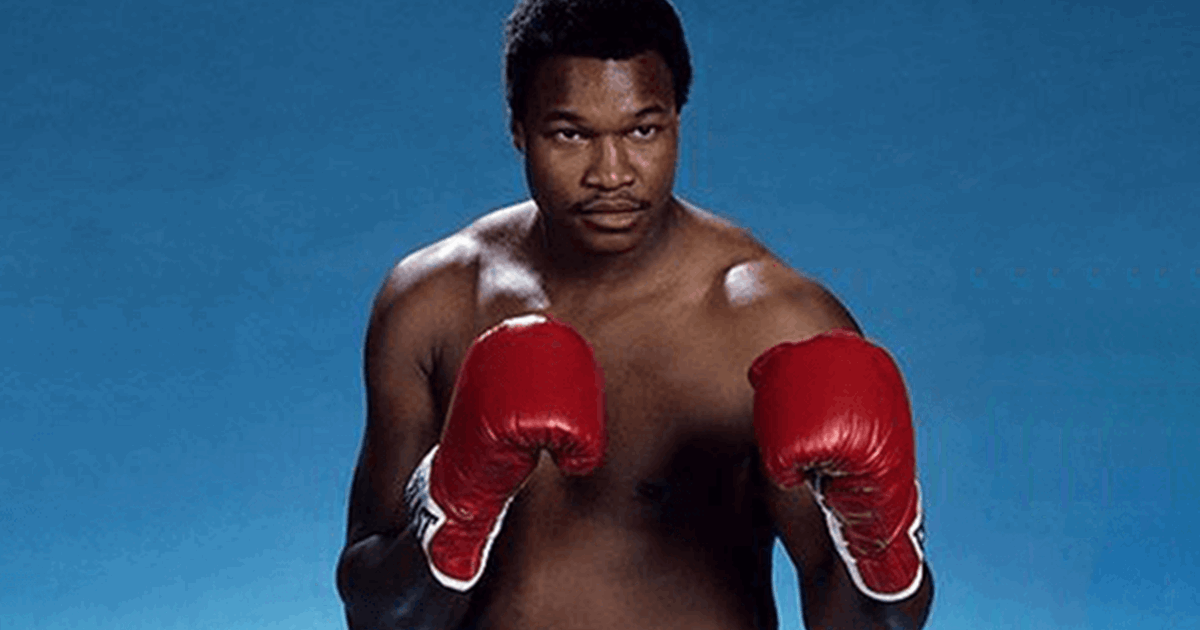
In my estimation, Larry Holmes is one of the most underrated champions of all time. The problem with his legacy is that he fought past his prime. With a 48-0 record and closing in on Rocky Marciano’s all-time undefeated mark of 50-0, Holmes took on light heavyweight champion Michael Spinks in 1985 thinking he would beat him but ended up losing a unanimous decision spoiling his effort to match Marciano’s historic mark. In a rematch less than a year later, Spinks won a split decision that put Holmes’ career in a downward spiral. Nearly two years after losing to Spinks the second time, Holmes was brave enough to try to win his title back from a young tiger named Mike Tyson. It was a huge and costly mistake as Tyson beat Holmes silly and was viciously stopped in four rounds. Holmes would go on a six-win streak until he lost to Evander Holyfield in 1992. After seven more victories, Oliver McCall retained his WBC title with a decision over Holmes. Again, Holmes went on a string of victories this time with another four before an unknown Brian Nielsen upset him with a split decision as Holmes tried to win the IBO title. Larry Holmes would close out his career with victories over Maurice Harris, James “Bonecrusher” Smith, Mike Weaver, and the infamous “Butterbean.” In 2008, Larry Holmes was inducted into the International Boxing Hall of Fame.
Mike Weaver
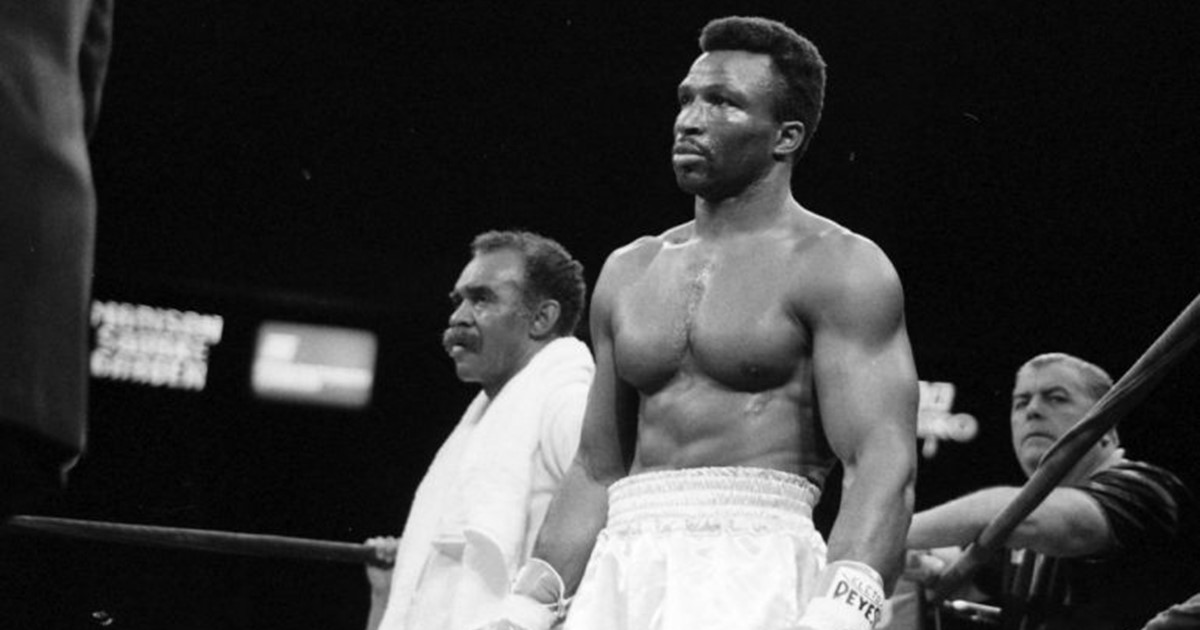
Mike Weaver had a stellar career winning several different championships despite losing 18 times against 41 victories. But at one point in his career he held the NBA heavyweight title belt, International Boxing Authority championship, the WBA Americas title, the WBA belt, USBA title, USBA title, and the Nevada heavyweight championship. But when he won the WBA heavyweight championship it is a fight that I watched and is one of my all-time favorite finishes. “Big” John Tate was the champion and Weaver was the challenger. Tate had dominated Weaver for 14 rounds, but at the 2:15 mark of the 15th round, Weaver scored a terrific knockout blow that finished Tate and unbelievably gave Weaver the title. Mike Weaver took on all comers of that time including Pinklon Thomas, Bonecrusher Smith, James “Quick” Tillis, Michael Dokes, Gerrie Coetzee, Scott LeDoux, Larry Holmes, Duane Bobick, Carl “The Truth” Williams, and Donovan “Razor” Ruddock. Of his 41 wins, 28 were by KO or TKO.
Gerry Cooney
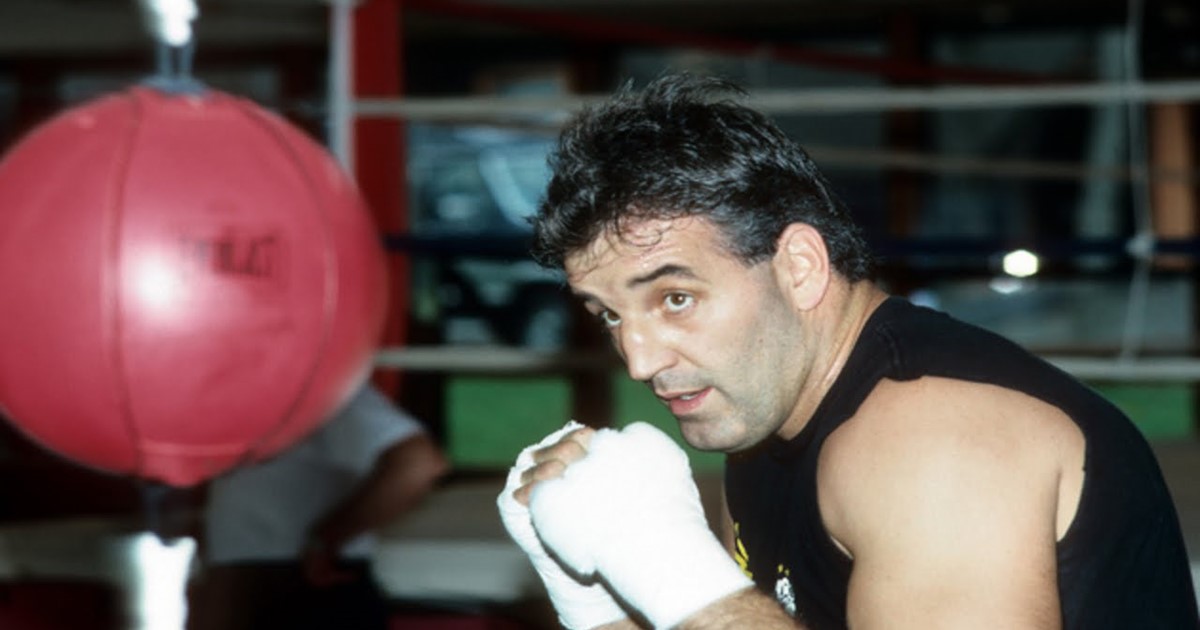
Some referred to Gerry Cooney as the “Great White Hope” during the prime of his career. That’s because he expected to become world champion and unseat the defending champion, Larry Holmes. Cooney’s path to the championship was a brutal one for his opponents as he scored 24 knockouts in his 28 fights but the knock on his record is that he was beating fighters that were far past their prime. What earned him the title shot was the names he defeated in getting there. After scoring a TKO over 32-year-old Jimmy Young in four rounds, hard-hitting Ron Lyle was next on the docket only Lyle was 39 in 1980 when he stepped into the squared circle with Cooney. It ended badly with Lyle getting KOd in the first round. Next up was Ken Norton in 1981 and he was 38. In what resulted in an extremely violent knockout in just the first round, Larry Holmes said “bring it on” and the two met for the WBC title on June 11, 1982. Holmes was a bit younger at the time (33) and Cooney was just 26. But against the finesse boxer in Holmes who possessed one of the best jabs in history, Cooney was no match and lost by TKO in the 13th round after taking round-after-round of a beating. He was a walking punching bag. Cooney would try to come back from that with three straight wins before getting TKOd by Michael Spinks in another title attempt and then closed out his career getting smoked by George Foreman in just two rounds. But Cooney had size (6’6”). I met the man in an elevator and at 5’6” I felt like a little person.
John Tate
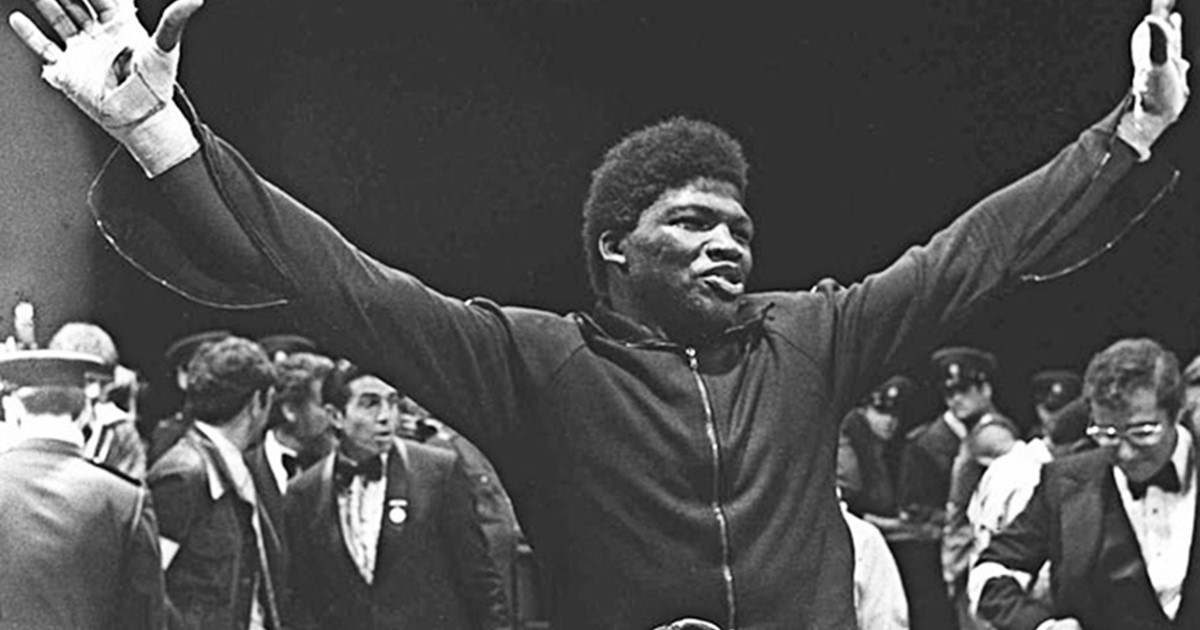
While “Big John” Tate lost just three times in 37 fights, as stated above, he lost his heavyweight title to Mike Weaver after holding it for less than a year when he beat Gerrie Coetzee by decision to take the belt on October 20, 1979. After losing to Weaver, Tate lost again in his next fight to Trevor Berbick getting knocked out again this time in round nine. He would not lose again until his final fight in 1988 a decision loss to Noel Quarless. Following his boxing career, sadly John Tate became a drug addict, was arrested and ended up having to panhandle for income. On April 9, 1998, John Tate died in a car crash, just 42 years old.
Gerry Coetzee
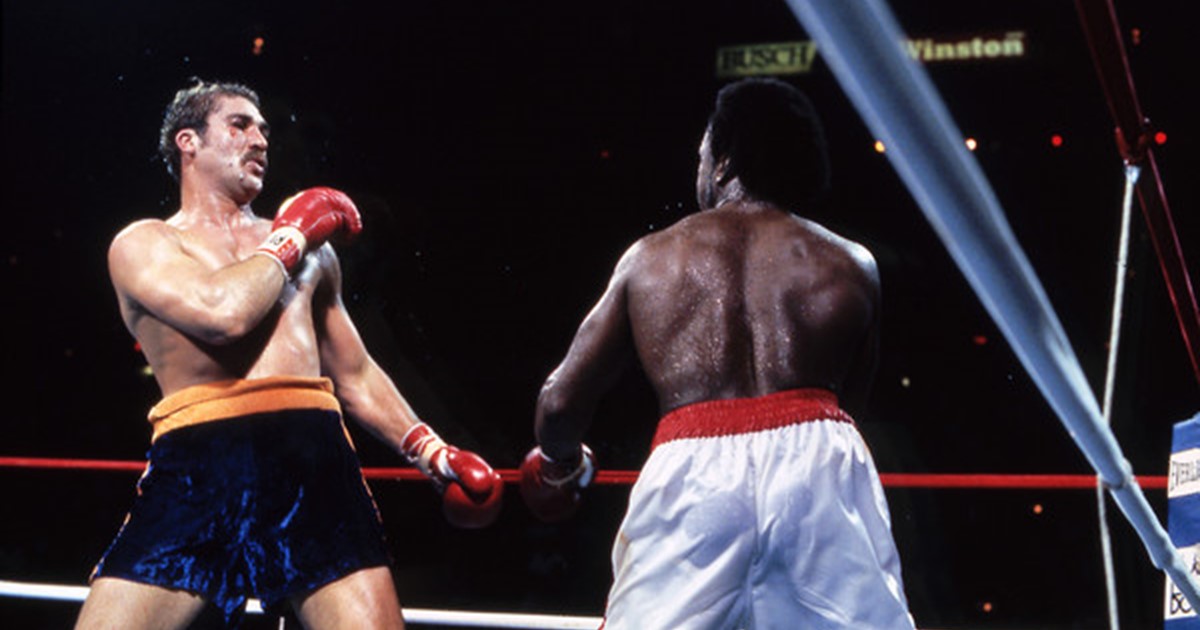
Perhaps one of South Africa’s greatest fighters ever, Gerrie Coetzee began his legacy with a South African heavyweight title that he won in 1976 by beating Mike Schutte although it was by disqualification when Coetzee’s opponent tried to kick him after the new champion was knocked down. He would later decision Schutte in a rematch. Coetzee got his first shot at a world title when he fought John Tate but he lost a unanimous decision. Two fights later he lost to the man that took the title from Tate, Mike Weaver. But in 1983 with a knockout of Michael Dokes, Coetzee became champion only to lose to Greg Page over a year later in his first title defense. Coetzee would lose twice more to Frank Bruno and his final fight a loss to Iran Barkley but in his last five bouts, he won three to finish with a record of 33-6-1.
Duane Bobick
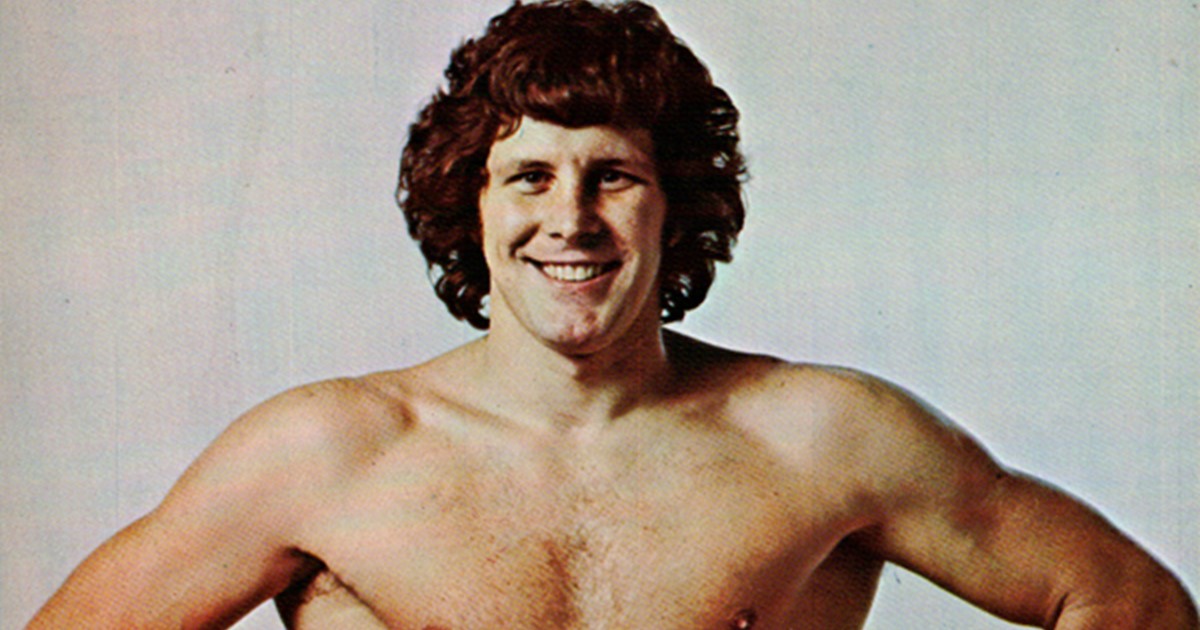
For Duane Bobick, he had an outstanding amateur career that included a victory over future heavyweight champion Larry Holmes that propelled Bobick to the 1972 Olympic team where he would get knocked out by the Cuban great Teofilo Stevenson. This came after a defeat of Stevenson a year earlier at the Pan American Games. Bobick also fought Ron Lyle before turning pro but Lyle left this heavyweight unconscious in one of their two meetings for over five minutes. Once he turned pro, Bobick won his first 38 fights and while being trained by Joe Frazier opted to get in the ring against Ken Norton it was against Frazier’s advice. The result was bad with Norton destroying Bobick in one round. Duane Bobick would never get a title shot but he did lose just four times in 52 fights, the loss to Norton, a KO loss to Kallie Knoetze, and back-to-back losses to close out his career at the hands of John Tate and George Chaplin. When he hung up the gloves he was only 28.
Sonny Liston
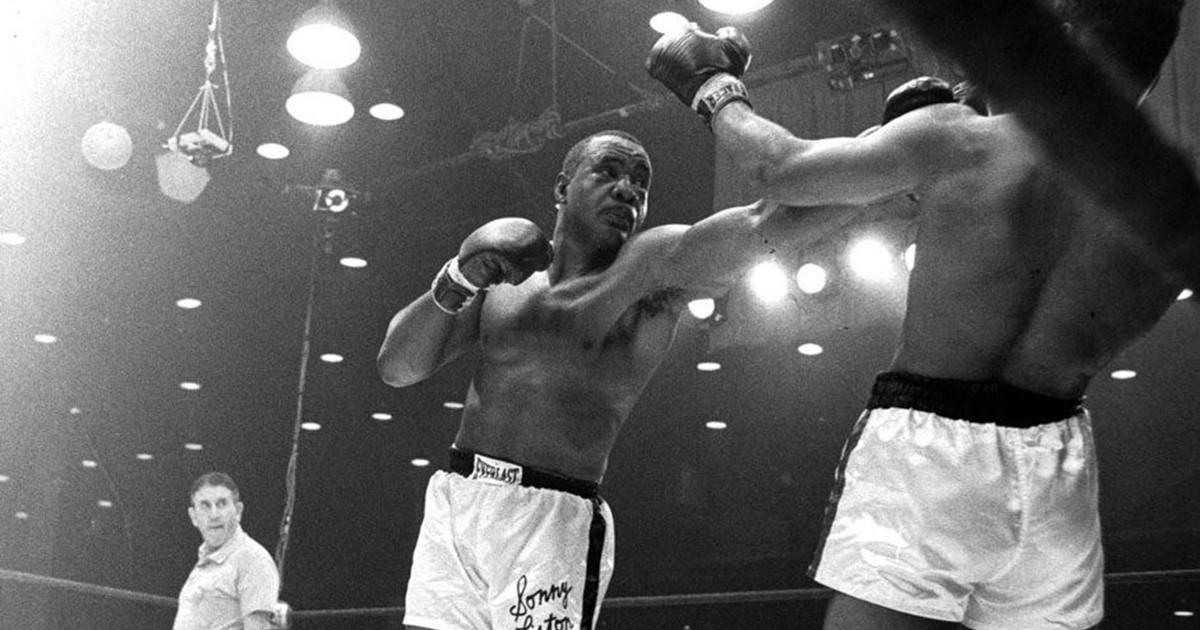
Before George Foreman and then Mike Tyson came along terrifying the heavyweight division, in his prime, Sonny Liston was considered the scariest fighter ever in the heavyweight division. Leading up to his first championship bout with Muhammad Ali, Sonny Liston had knocked out 24 of his first 35 opponents and was coming off two successive first-round knockout victories over Floyd Patterson, the first to win the belt and the second to defend. Many thought given those results, Liston was going to kill Ali in the ring who was then known by his birth name, Cassius Clay. But the then Clay feared none and was a young and brash 22-year-old coming off a gold medal in the 1960 Rome Olympic games just four years earlier. Ali took Liston to school and forced him to retire in his corner after the sixth round. In a rematch a little over a year later, the “phantom punch” took place when Ali knocked out Liston in the first round to defend his belt a fight in which some believe Liston took a dive. Despite winning the remainder of his fights the rest of his career minus his next-to-last bout against Leotis Martin when Liston got knocked out, he never got another title shot retiring with a record of 50-4. The downside to Sonny Liston’s life was that he was involved with many shady characters and he developed a bad drug abuse problem. When he died in 1971, his wife found him in the bedroom slumped over and by police estimation, he had been deceased for nearly a week. Heroin overdose was listed as the cause of death but rumors of foul play quickly followed.
Conclusion
Of the 24 fighters listed above only half are still alive today. Those still with us are Joe Bugner (70), George Chuvalo (82), Alfredo Evangelista (65), George Foreman (71), Ernie Shavers (75), Leon Spinks (66), Chuck Wepner (82), Larry Holmes (70), Mike Weaver (69), Gerry Cooney (63), Gerrie Coetzee (65), and Duane Bobick (69). In my next article, I will cover one of my favorite divisions of this era and into the 1980s, the welterweights that featured Sugar Ray Leonard and Thomas “Hitman” Hearns.













